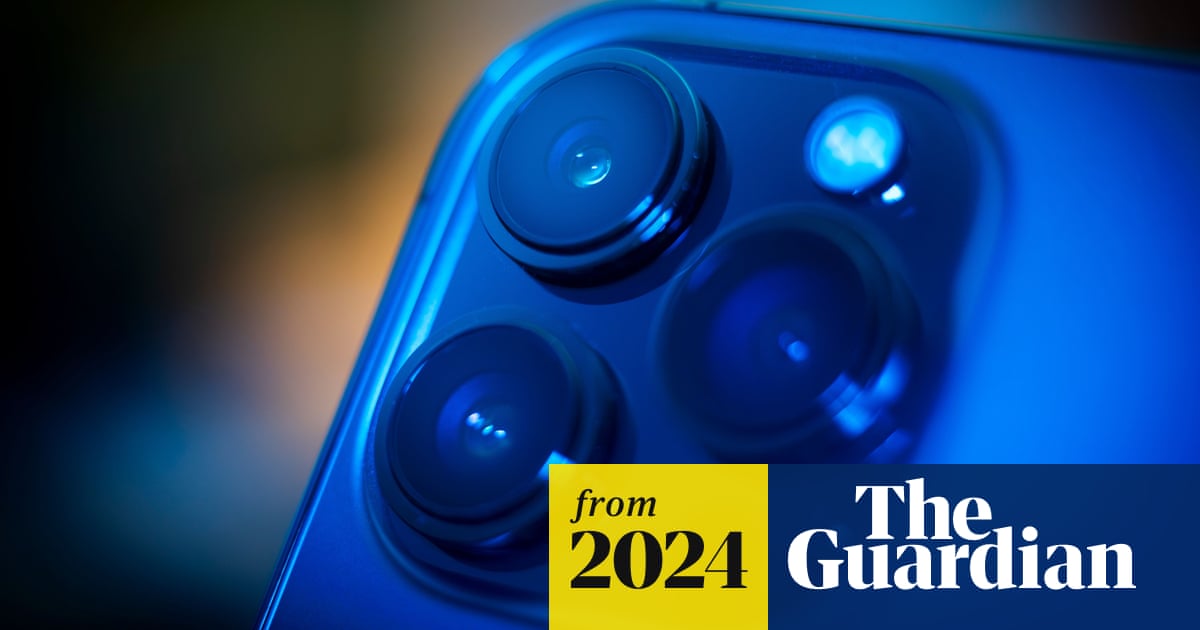

tl;dr there’s a bunch of base64-encoded PDFs in the Epstein emails. Buddy had a hard time extracting them because the files are exported as images and the one and ell characters are almost indistinguishable.
Dude eventually managed to distinguish them. 🤷♂️




It looks like the LLMs weren’t trained for medical tasks. The study would be more interesting if it had been run on something built for the task.